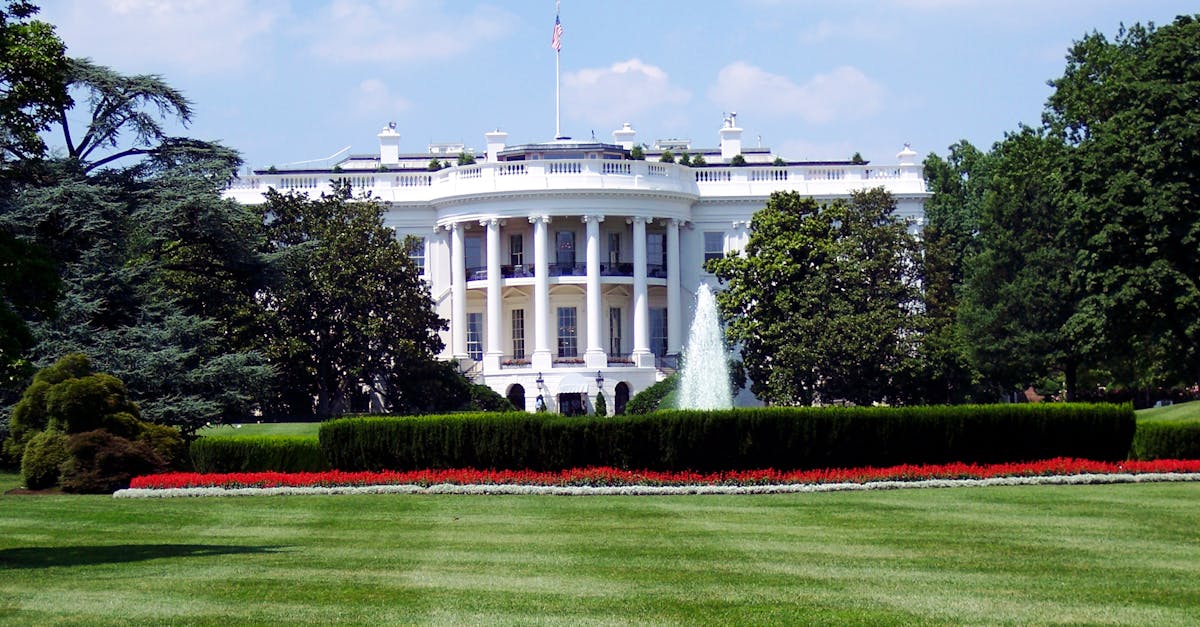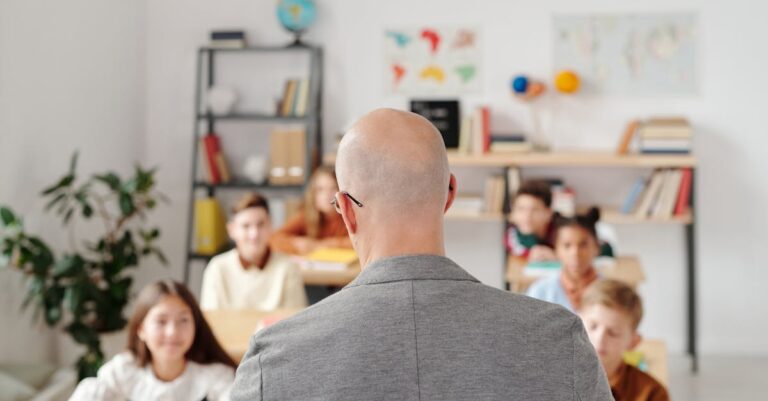
In recent times, the topic of voter suppression has gained significant traction in the realm of politics, with its roots often delving deep into the education system. North Florida, known for its picturesque landscapes and charming communities, has found itself embroiled in controversy surrounding the issue of book bans in county schools – a phenomenon that some argue contributes to the suppression of voters’ knowledge and understanding of diverse perspectives.
As we navigate through the complexities of this contentious issue, it becomes increasingly imperative to shed light on the nuances that underpin the debate surrounding book bans in North Florida’s county schools. While on the surface, the notion of restricting certain books may appear innocuous, the implications run far deeper, permeating the very fabric of our democratic society.
The act of banning books in schools not only stifles intellectual curiosity and academic freedom but also perpetuates a cycle of ignorance that ultimately impacts individuals’ ability to make informed decisions, particularly when it comes to participating in the democratic process. By limiting students’ exposure to a diverse range of ideas and viewpoints, we inadvertently curb their capacity to engage critically with the world around them, thereby hindering their ability to become well-informed and active citizens.
Furthermore, the practice of book banning in county schools sends a troubling message to students – one that suggests dissenting voices and marginalized narratives are unworthy of exploration, thereby reinforcing a status quo that favors conformity over critical thinking. In a region as culturally rich and diverse as North Florida, the erasure of these voices not only does a disservice to students but also impedes their ability to empathize with those whose experiences differ from their own.
It is crucial to acknowledge that education plays a pivotal role in shaping individuals’ perceptions and beliefs, thereby influencing their actions and decisions. By censoring certain materials, we risk depriving students of the opportunity to engage in meaningful discourse, challenge their preconceptions, and ultimately cultivate an environment that fosters intellectual growth and democratic participation.
As we confront the reality of book bans in North Florida’s county schools, let us not lose sight of the profound impact such restrictions can have on our society as a whole. Instead, let us strive to uphold the values of intellectual freedom, diversity of thought, and inclusivity, recognizing that true progress is only possible when we embrace the complexity and richness of the world around us.
In conclusion, the issue of book bans in county schools is not merely about the restriction of certain titles; it is a reflection of the broader challenges we face in safeguarding our democratic principles and promoting a culture of open-mindedness and dialogue. Only by engaging in honest conversations, challenging entrenched attitudes, and advocating for the preservation of intellectual freedom can we hope to address the root causes of voter suppression and pave the way for a more informed and equitable society.








We need to talk about these book bans in North Florida!
book bans in county schools is a big deal. we gotta let students explore all kinds of ideas so they can make smart choices. it’s all about promoting open-mindedness and keeping our democratic principles
oh my god, i cant believe they banin books in north florida schools! that’s so not cool! like, how r we sposed to learn
Ha ha, book bans in North Florida schools? What’s next, banning books about talking animals because they might influence kids to want a pet parrot that can recite Shakespeare? Let’s stick to banning boring books instead, like the ones that put you to sleep faster than a lullaby. Ain’t nobody got
Yeah, so like, the whole thing about not lettin’ kids read all sorts of books in schools is a big problem, you know? It’s like stoppin’ them from seein’ different views and ideas, which just ain’t cool. We gotta let kids explore and
Ugh, like seriously, why are we even talking about banning books in schools? Don’t they know that’s like, totally not cool? People need to read stuff to learn and grow and stuff. Banning books just makes everyone dumber, like, hello? Can we not see that? We need to, like, protect our rights
Yo, this whole book bans in schools thing is wild, right
LOL, so what you’re saying is, if we ban all the books, we won’t have no voters left ’cause they won’t know no
Hey, I don’t get it. Why are they banning books in North Florida’s schools? That’s like, totally not cool, man. I mean, books are like knowledge and stuff, right? And if they take away books, then how are we supposed to learn and think for ourselves? It’s like
we need teh books for our minds to grow, to expand and to learn. without book we
Hey y’all, I reckon book bans in schools are like tryin’ to put a lid on a bubblin’ pot
They banning books!! 🤬 That ain’t cool man. Kids need to read all kinds of stuff to get smarter and learn stuff. How they gonna be good voters if they don’t know stuff? We gotta fight for intellectual freedom and diversity so everybody can learn and think for themselves. Stop the book bans, bring on the knowledge! 📚✊
book bands is not good. we need to let students read lots of different stuff to make them smart and think good. book bans in North Florida is bad for democracy and makes it hard for people to make good choices. we
Yah that is a real big issue. Book banning in schools not good. We need diversity and open mind to learn new things and be better people. Everyone should have a chance to read different stuff and make their own minds up. It’s like, how can you know what’s out there if you only see one thing, right? So, we should fight for freedom
yess, book bans in schools be a big problem, you know? like, we gotta let kids
Haha, so like, if they ban all the books, does that mean we can just
Ugh, like seriously, why are we even talking about book bans when there are bigger issues at play? I mean, sure, education is important and all that, but come on, can we focus on stuff that actually affects people’s lives directly? Like, I get it, reading is cool and all, but let’s not get all high and mighty about book banning when there are people
Gosh darn it, these book bans in North Florida schools are just not right! We gotta let them youngins
Oh wow, because nothing says democracy like banning books, right? I mean, who needs diverse perspectives and critical thinking skills when
Wow, this is some deep stuff about voter suppression and book bans in schools. It’s like, we gotta make sure kids can read all sorts of stuff so they can be smart voters, ya know? Education